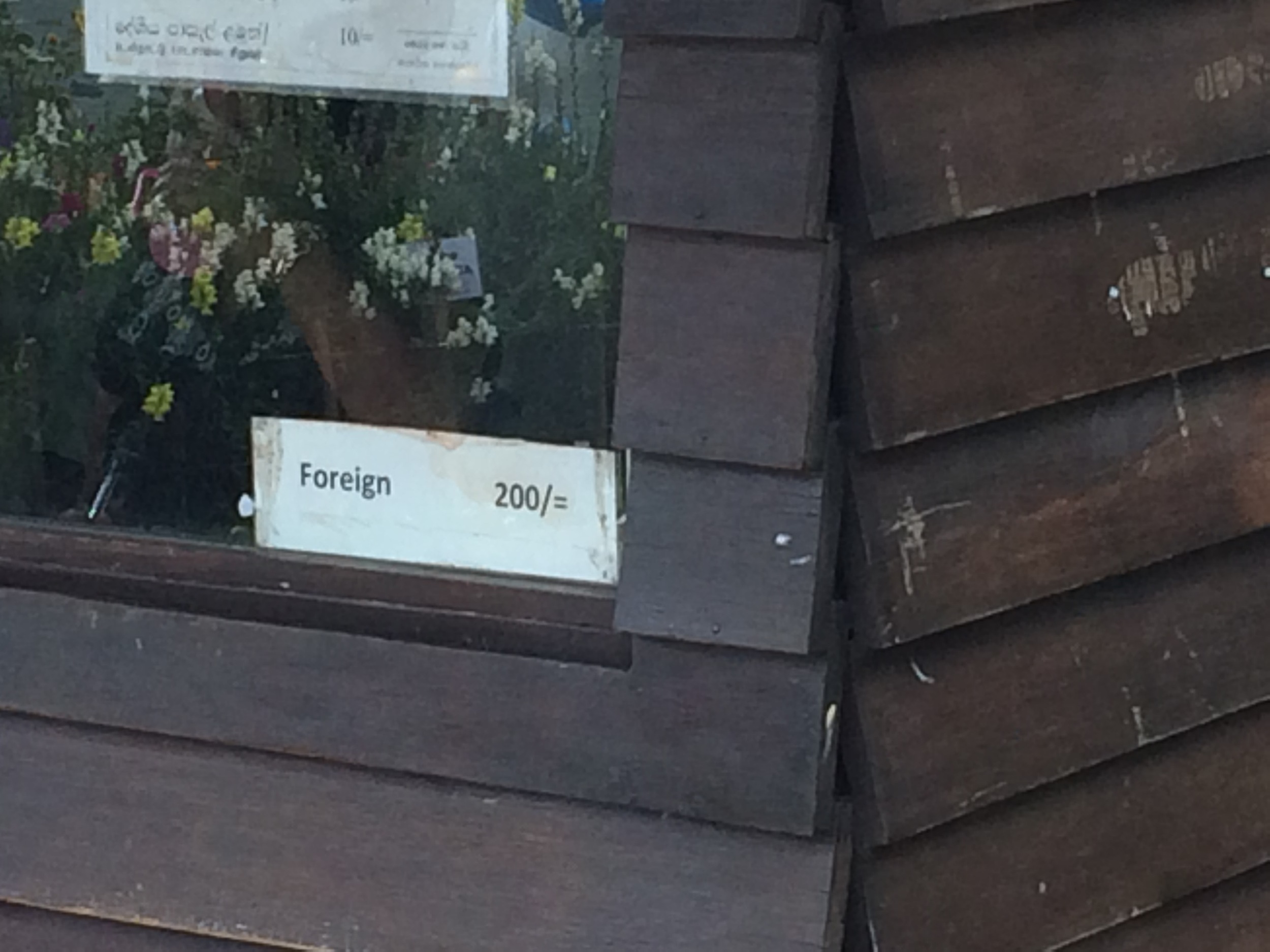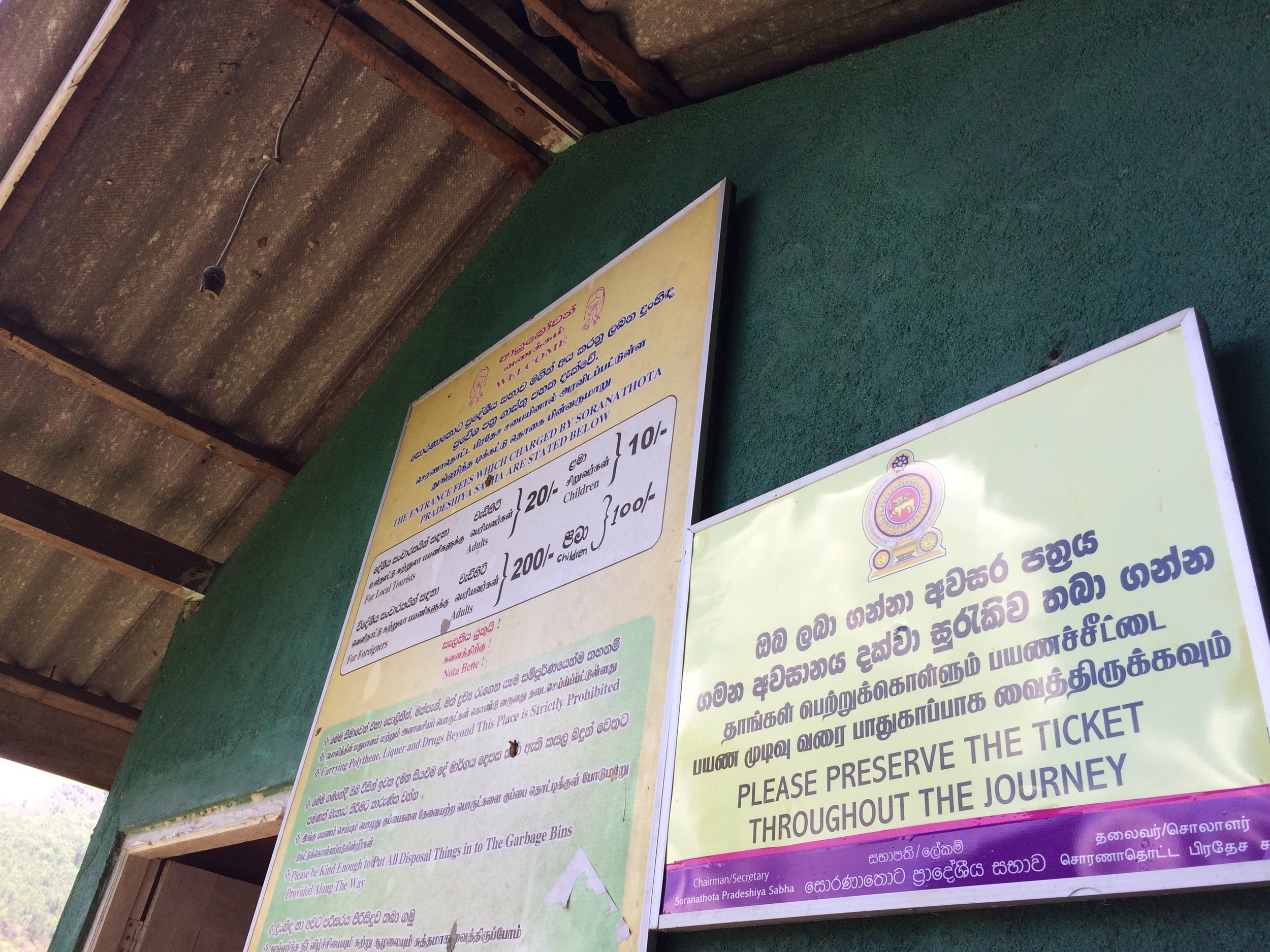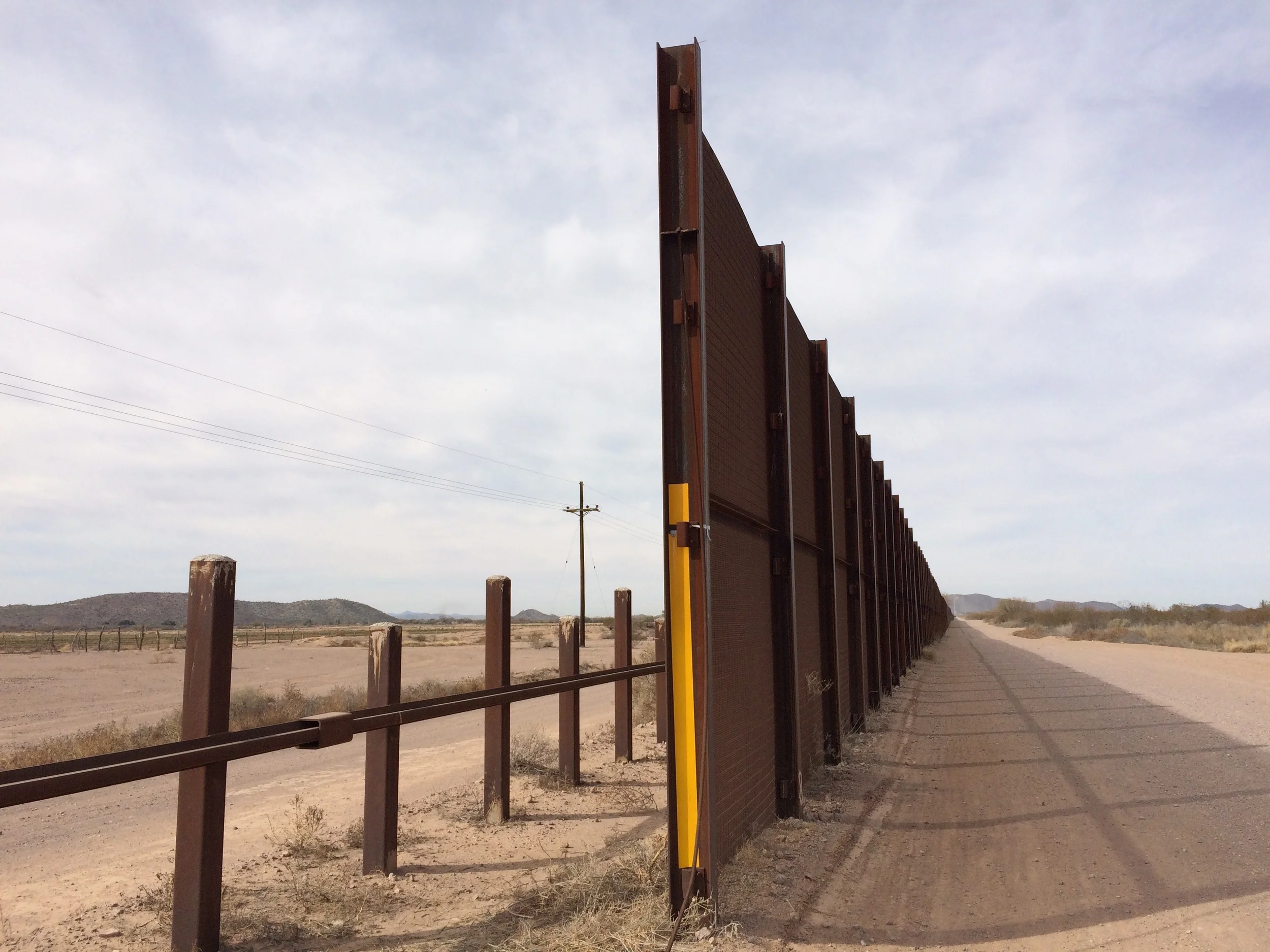Over the last several months, and perhaps over the last year, I’ve had the pleasure of listening to citizen-friends discuss the implications of this election cycle. Among the voices were those hell-bent on making their voice heard at the polls and those similarly hell-bent on making their voice heard by purposefully disregarding the entire voting process. And of course everyone in between.
From the perspective of an aspirational non-citizen voter-to-be, it was initially difficult for me to understand the point of view of voting by not voting. I couldn’t quite figure out how by disregarding the entire process, a citizen-voter can still be heard. Slowly, I’m beginning to see that point of view. If one considers overhauling the entire system on a structural level, then perhaps that viewpoint holds sway. Perhaps collective disengagement can provide a starting point for systematic restructuring. This post, however, leaves this group of strict non-voters out of the momentary picture with the implicit hope that the revolution, in whatever form non-voters hope for, may come in due time.
So, while we wait, dear citizen-voter (potential or actual),
I know that many wonder if their vote even matters with the way elections are structured. Whether it really makes a difference one way or another if one person shows up to the polls or not. Yet, I wonder if I could be so bold as to suggest an alternative framing.
What if I asked you to consider the power your vote could potentially hold in the life of someone you knew? What if I asked you to consider those in your life who cannot vote? Perhaps you know someone who is not a citizen? Perhaps you know someone serving time behind bars? Perhaps you know a family without legal status? Perhaps you know someone who has lost their right to vote? You knowing someone who cannot vote means you might know their story. Perhaps then you might even support their interests. Policies that benefit you could be aligned with policies that might benefit them.
Would it then be a stretch to think of your vote as also representing theirs? Would it be a stretch to say that when you check yes or no or choose one candidate or one proposition over another, they are in your mind? Could their stories occupy that voting booth with you? Will their voices blend with your thoughts? So, by you voting, are they also voting?
I encourage you to consider for those whom you speak. Those you represent. You represent your friend who is not a citizen (according to one estimate, there were more than 22 million noncitizens in the US in 2015). You represent your neighbor behind bars (48 states have some type of felon voting laws). You represent your friends without legal status (according to DHS, this number is more than 11 million). You represent your coworker, neighbor, friend, ally, and stranger who have never had a vote or have lost their right to vote for one reason or another.
I hope you represent those without a voice. And if in this election cycle you take the time to do so, then from one non-citizen, non-voter to a citizen-voter, thank you.











